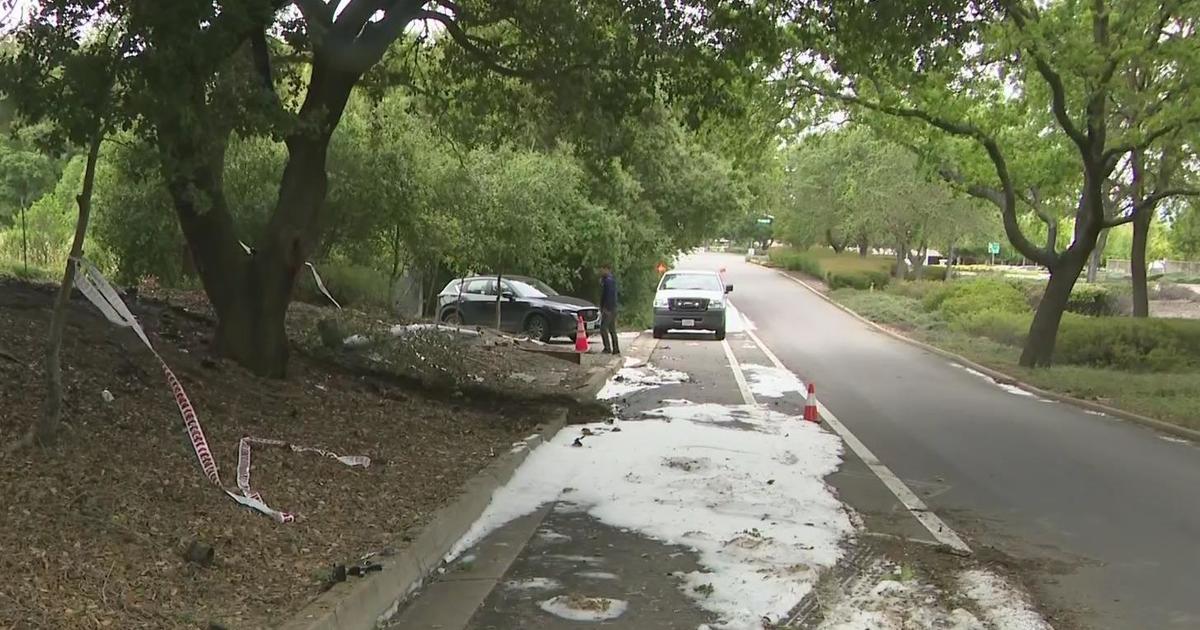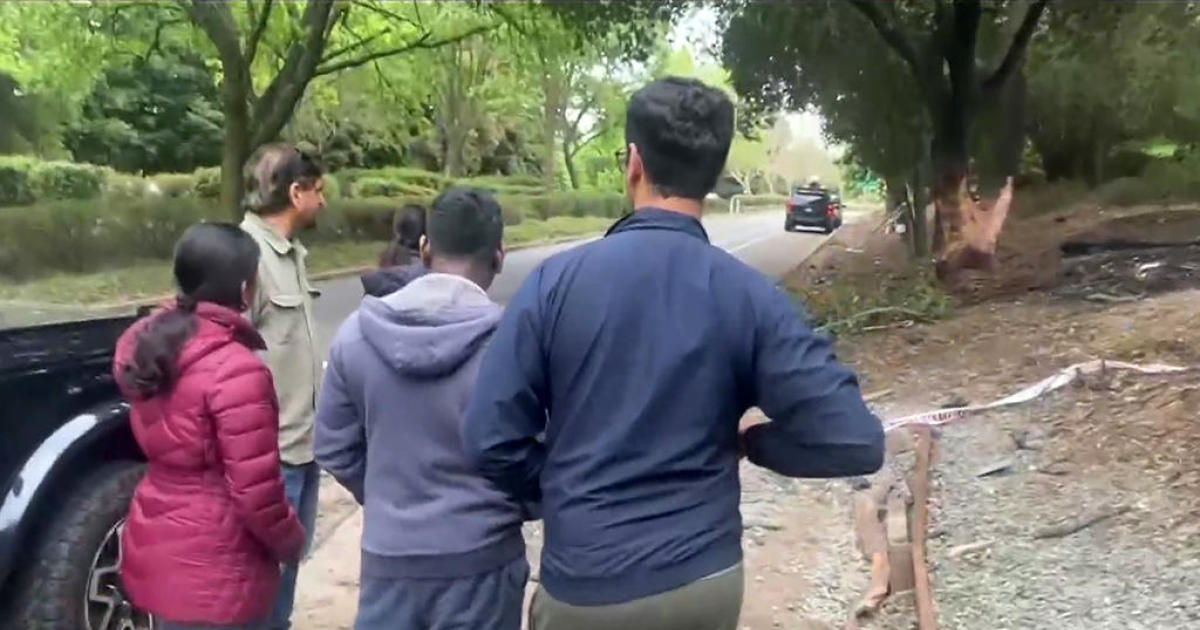Tech Report: Online Privacy After Death
SAN FRANCISCO (KCBS) — The death of a young model in England raises the question of who should be allowed to control the online legacy of a deceased person.
The model's death had been ruled a suicide. But her family said that she was in the process of breaking up with her husband and didn't believe she killed herself.
The family wanted Facebook to allow them to access her messages to prove to the coroner that she hadn't been contemplating suicide. But, as the San Jose Mercury News reported, a judge ruled against the family.
Online Privacy After Death
It's a really difficult situation, but there are some very different policies floating around there regarding these types of situations. The family would have needed a court order to access the type of information they were looking for, which included stuff she had not publicly posted. The court in the UK did not issue such an order on their behalf.
On the other hand, there's the issue of memorializing someone who's deceased. A family member could go in and say we want to keep the person's memory alive by keeping their page alive. People who are already friends with that person could then post a memorial comment on that page.
The bottom line is there are privacy laws that protect people even after they die. Just because someone has died, doesn't mean they have no more privacy.
A digital estate plan can actually be established with a lawyer to determine what to do with a loved one's digital assets.
(Copyright 2013 by CBS San Francisco. All Rights Reserved. This material may not be published, broadcast, rewritten, or redistributed.)



